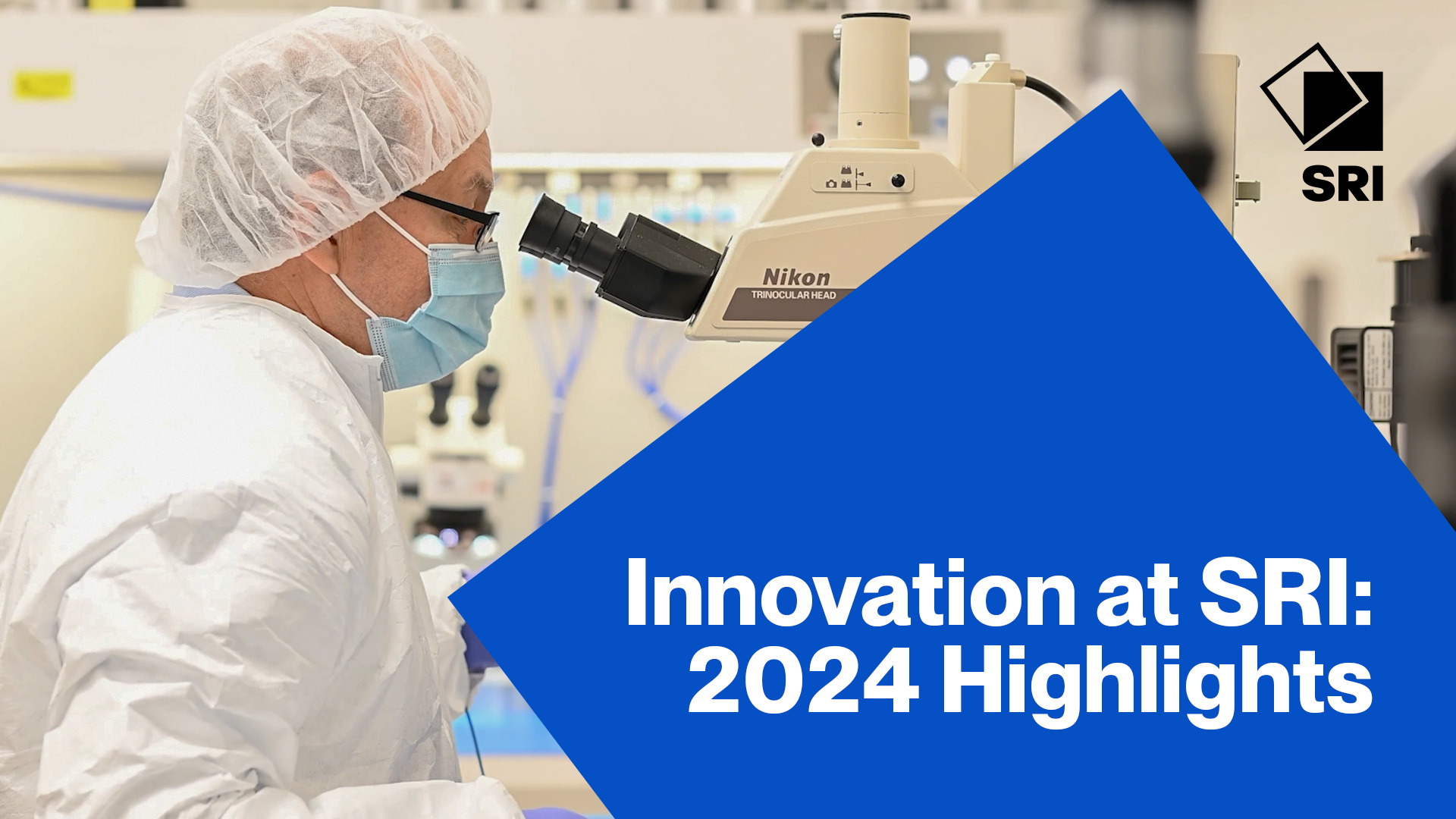
For over 60 years, SRI has been helping to assess the impact of education programs on student and teacher outcomes with our strong methodological expertise and deep content knowledge in a wide range of topics. This month, we highlight our work in STEM teaching and learning, from family science learning to broadening participation in STEM through inclusive STEM high schools and mentored research experiences. Read on for a report from SREE and previews for NARST and NSTA.
Enjoy,
Shari Golan, President, SRI Education
Parents Want to Help Their Young Children Learn Science—They’re Just Not Sure How
A new report, What Parents Talk About When They Talk About Learning, from the Ready to Learn research team, led by EDC and SRI, finds that nearly all parents want to be involved in their young children’s learning, and most get involved daily. But parents are less likely to do science activities than other kinds of learning activities, and they are less likely to feel very confident helping children learn science as compared to other subjects. This report looks at what educators, parent advocates, media producers, and researchers can do to help.
Findings About Adoption and Implementation of Effective Research-Based Practice
at SREE
SRI’s tradition of attention to assessment, implementation, and impacts stood out at the Society for Research on Educational Effectiveness (SREE) this year, where the theme was “The Evidence Behind Evidence Use: When Does Education Research Inform Practice?”
SRI’s Haiwen Wang shared findings from the iSTEM project, a longitudinal effectiveness study of inclusive STEM high schools—schools that seeks to broaden participation in STEM academic and pathways. Wang and Kaily Yee also shared promising gains in mathematics and reading in a summer school program.
Ellen Schiller, Kathryn Morrison & Tejaswini Tiruke, together with partners from CAST and the University of Kansas, presented on the Use of Design-Based Implementation Research to Redesign Secondary Courses to Improve Higher Order Thinking and Content Learning in Biology and US History for Underperforming Adolescents.
Mingyu Feng represented the ASSISTments team to share findings from an efficacy study of an integrated digital curriculum in elementary mathematics.
Improving NGSS Implementation and Informal Learning at NARST
Christopher Harris, Kevin McElhaney, and Nonye Alozie will showcase a range of work from the Next Generation Science Assessment (NGSA) project at the upcoming NARST conference in Atlanta, March 10-13. The work addresses the design of tasks and rubrics to align with NGSS performance expectations, results of a large-scale empirical validation study on the tasks, and how teachers use tasks in their classrooms to promote equitable, 3-dimensional science instruction and gauge their students’ progress toward NGSS performance expectations.
SRI will also share work focused on informal STEM learning. Kea Anderson will present findings from a descriptive study of media use in aquariums and identify opportunities for further research, drawing from studies completed for the Jim Henson Company and the Corporation for Public Broadcasting with partner Digital Promise.
Tim Podkul will join forces with the American Museum of Natural History’s Rachel Chaffee to discuss using communities of practice and social network theory to examine student-mentor relationships and other factors that influence the STEM pathways of participants in an intensive out-of-school-time science research experience at one of 18 STEM institutions in New York City.
More Science Learning at NSTA: Promoting Equity and Student Talk
Stick around in Atlanta for two teacher workshops at NSTA, March 15-18.
Workshop 1: Nonye Alozie we will guide teachers in promoting equity in science learning through the use of SRI-developed 3-dimensional, NGSS-aligned physical and life science tasks during instruction.
Workshop 2: Nonye Alozie will demonstrate how teachers can use discourse moves that promote collaborative problem-solving based on evidence from SRI’s Speech Based Learning Analytics project.
Follow us on Twitter!
Looking to stay in the loop regarding the latest in education research?
Make sure to follow us on Twitter at @SRI_Education.



